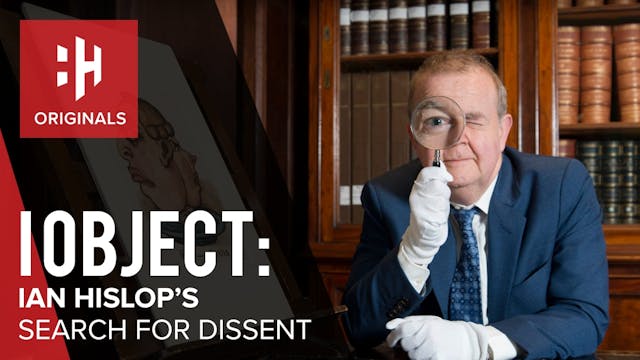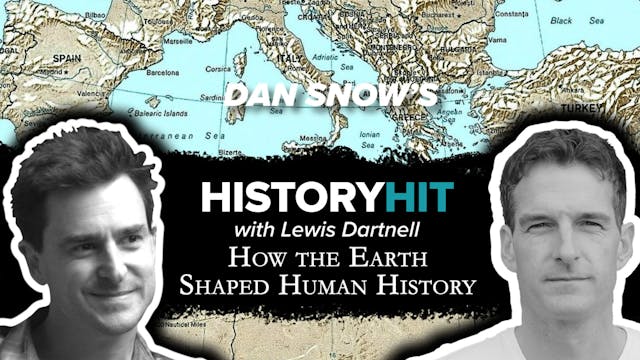Niall Ferguson on Social Networks Throughout History
Science and Technology
•
29m
Most history is hierarchical: it’s about popes, presidents and prime ministers. A very small section of society has wielded very great power. But what if that’s simply because they are responsible for creating the historical archives? What if we are missing out on understanding equally powerful but less visible networks? The 21st century has been hailed as the Networked Age. But what if, in fact, we have always lived in networked ages? From the printers and preachers who made the Reformation to the freemasons who led the American Revolution, it was – and indeed always has been - the networkers who disrupted the old order or popes and kings. What if the computer is simply the new printing press? In this episode, leading historian Niall Ferguson discusses his new book on the subject, ‘The Square and the Tower’, and argues that the distance between medieval market place and online market place is not as small as one might think.
Up Next in Science and Technology
-
I Object: Ian Hislop's Search for Dis...
We live in a golden age of objection. Not since the 1960s has the Western world been so embroiled in street protests – women’s marches, anti-Trump demonstrations and alt-right parades in America, anti-Brexit marches in Britain, and strikes across continental Europe – as in recent years. It is saf...
-
How the Earth Shaped Human History
Great leaders? Industrial change? Revolutions? If you thought these were the things that shaped history, think again. Back by popular demand, Lewis Dartnell returns to the show. He explains how modern political and economic patterns correlate with events which happened not decades or centuries ag...
-
Gwrych Castle: Catastrophe to Celebrity
Over November and December 2020, Gwrych Castle in North Wales is to become the most famous castle in the UK. It is in this castle that I'm a Celebrity is being filmed. But there is so much more to Gwrych than simply hosting the 20th series of I'm a Celebrity. The Castle's history is fascinating, ...



